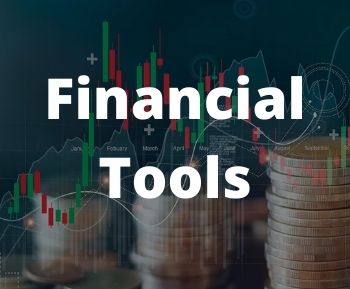Looking Ahead to 2023 After 2022
The year just ended has been a difficult one, as investors navigated a new market reality. There was nowhere to hide in 2022. Europe was “less problematic” than other markets, but even there, technology was hit hard. Energy and gold were some of the few sectors that posted positive numbers. Bonds, usually a haven in stormy markets, actually exacerbated the problem this time around. Down years in equities are to be expected, but a double-digit decline in bonds had not happened since 1969.
However, while there may be some more challenges ahead, we believe the heart of the storm is behind Wall Street. The market is brimming with great companies whose current quotations already take potential bad news into account. We have been buying for most of Q4 and expect to continue – selectively and purposefully as always.
When the Best Become the Worst
Years ago, a saying made the rounds of trading floors: “Bear markets are slayed when the generals are killed off.” In the United States, almost all the 30 very worst performers in 2022 were the best-performing names of 2020 and 2021. Some were professional and individual investors’ darlings. Results in Canada were similar, with the slaughtering of some of Bay Street’s darlings.
Being patient with these might not be a virtue. Investors who purchased Microsoft (MSFT-NASDAQ) at the peak in late 1999 or early 2000 had to wait 16 years to break even. Since then, MSFT more than recovered, but other darlings, such as Cisco, never moved near their levels seen in the early 2000.
Normalizing Interest Rates and a Possible Recession
The financial market has been experiencing a volatile interest rate environment since 2019, but is returning to what has been typical for the past 20 years. While the changes may have been violent and unexpected for some, the long-term average for the U.S. 10-year bond rate is 4.7%, and we are currently at 3.7%. The law of mean reversion is immutable. In 2022, many learned this lesson the hard way.
As the interest rate villain seems to be calming down, investors are also considering the potential for a recession. Higher rates on mortgages, inflation, higher taxes, and more regulations are not favourable to prosperity. While recessions can be difficult, they can also be beneficial as companies and investors often make their fortunes during these times. Additionally, market prices tend to reflect a recession before it begins and often turn around and move up before the official end of the same slowdown, usually during the latter half of the recession. Central bankers often lower interest rates during this time.
Our Approach
Despite the challenges for the consumer and the economy, we are more positive on markets than in many quarters. We prefer to think in terms of probabilities and weigh investment decisions accordingly. This approach allows us to pivot away from or into unforeseen market changes and avoid being “boxed in” to a viewpoint. A probabilistic approach may be more complicated to implement, but it is more fluid to manage.
Currently, our most probable scenario is that interest rates will continue to rise towards their long-term averages, but at a more measured pace. An economic slowdown is expected: it could be short and deep, long and protracted, or of a rolling variety where not all economic sectors are hit at the same time. The result is that the consumer will be under duress. The challenges lie in other potential outcomes such as a strong economy, fast global growth, or subsiding geopolitical tensions. There is also the possibility of worse-than-expected outcomes such as a long and deep recession, inflation, wage inflation and government spending, or an escalation of geopolitical tensions.
Yet, where many see challenges, we see opportunities for investors, in particular as relates to the following areas: demographics (technology, pharmaceuticals, and medical devices), energy (renewables and fossil fuels, as well as utilities and infrastructure), and increased regulations (banking, insurance, and wealth management). As always, strong brands and business moats can protect investments.
Thank you for entrusting Exponent with the management of your investments. As always, let us know if you have any questions or concerns.






